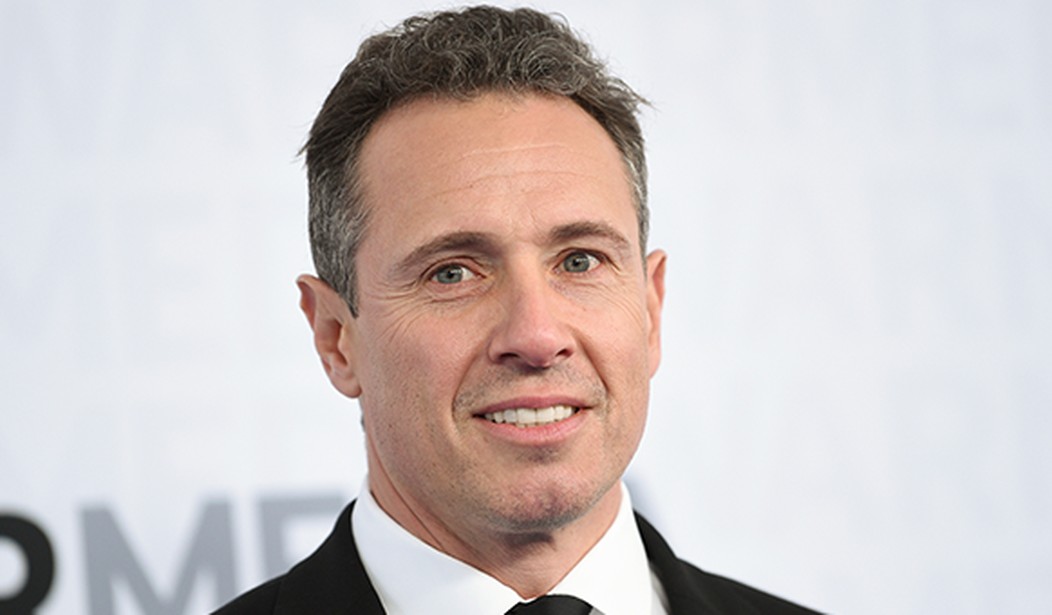Charles Glasser, the brilliant media lawyer, posted to his Facebook page last week an item about a panel discussion scheduled for a media law trade group.
“Why Doesn’t the Public Trust the Media? A New Survey Suggests It’s Because They Don’t Understand Journalists’ Mission,” the panel is entitled.
There’s no link to the survey mentioned, but it’s not hard to figure out why people don’t trust the media anymore. It’s because they have a hard time figuring out who is a journalist and who is an activist.
Was Chris Cuomo a journalist when he was interviewing his brother, Andrew, on CNN during the early days of the pandemic? What about when he became an in-house advisor for his brother during his recent sex scandal?
Reporters at the Washington Post and New York Times wrote for two years that President Trump had been aided in his election by the Kremlin only to have Special Counsel Robert Mueller declare otherwise. Did they miss the warning signs that the storyline might not hold water? Or were they acting as journalists but functioning as activists?
More often, the problem emerges with single-issue people such as David Halperin. He’s not a household name unless you are involved in the higher education industry, but there he is well known and has been for decades.
He sometimes poses as a journalist covering the industry on his blog, Republic Report, a product of the Ralph Nader-affiliated Essential Information network that claims to investigate “how money corrupts democracy” focuses entirely on attacking for-profit colleges.
Recommended
At other times, he is openly an activist trying to convince public policy makers to starve for-profit colleges of federal funds, deny them participation in the GI Bill and other student financing mechanisms and inveigh against university systems adding these convenient, usually online, schools to their student offerings.
He organized lobbying efforts to convince the Obama administration to promulgate regulations such as the gainful employment rule, which said schools could lose federal financial aid if graduates had too much debt in relation to their earnings; and the 90-10 rule, which said schools must derive 10 percent of their income from sources other than federal education loans.
That 90-10 rule rankled Halperin and his crew because it did not count GI Bill education funds toward the 90 percent threshold, which helped for-profit schools attract military students who don’t have four years for campus life. He and others since have prevailed on the Biden administration to change it to make it harder for DOD employees to access loans.
The industry needs watchdogs, as all industries do. But it’s one thing to pose as a journalist raising legitimate questions about for-profit colleges, and another to then refer to them as “predatory” and blame them for factors largely beyond their control, such as graduation rates and job placement.
As far back as 2011, his Campus Progress newsletter, published by the far-left think tank Center for American Progress, was said by the head of Citizens for Responsibility and Ethics to have “blurred the lines between political advocacy and journalism by allowing staff members to present themselves as journalists writing objective articles, but then churning out vitriolic ‘stories.’
Wearing his journalism cap, he harps on graduation rates of for-profit colleges. But wearing his activist hat, he fails to note that only eight of the worst 30 schools in America in terms of retention are for-profit colleges and many of the others, such as Robert Morris University in Illinois, receive no scrutiny for it. Neither does he tell you for-profit schools take students others won’t, and many have not been in a classroom in decades.
It would be easy to write off Halperin as another Washington swamp denizen whose mission in life is to protect the poors from their own decision-making. And his efforts to scare people away from for-profit colleges have not been effective. Their enrollments basically have remained flat through the pandemic, but those of government-run community colleges – whose record on student outcomes leaves something to be desired – have fallen nearly 10 percent over that period.
But it would not be prudent to write him off. Halperin soon will have some powerful friends in the Biden administration. Most prominently, James Kvaal is expected to be confirmed soon to a senior position at the Department of Education. Kvall ran his own organization dedicated to harassing career colleges. That organization, known as TICAS, has contributed about $200,000 to Republic Report in recent years.
Why does it matter if someone makes a career of blurring the lines between journalist and activist to attack an industry? What difference does it make?
Going back to 2011, the Obama administration was accused of attacking for-profit colleges to benefit investors who were short sellers in them. Halperin was accused of doing their dirty work. The Daily Caller and Politico said he was running “a $1 million campaign” on their behalf. He says the campaign consisted only of $4,000 in TV ads – an absurdly small sum. He also said he “could not care less” if one noted short seller “makes or loses money in the market.”
In other words, he denied his involvement but not the principle under which he was accused.
There’s nothing illegal about what Halperin does. But when those attorneys are discussing why people don’t trust journalists, it’s safe to say people such as Halperin are closer to being the problem than the solution.
























Join the conversation as a VIP Member